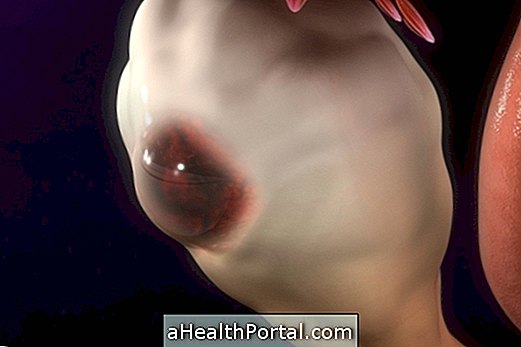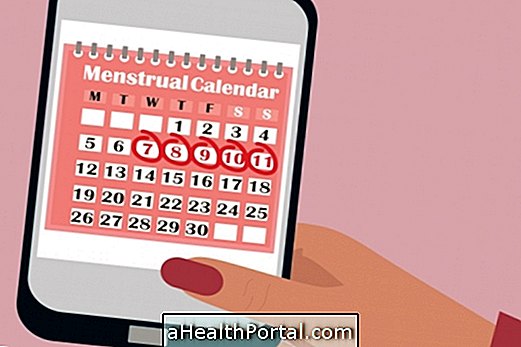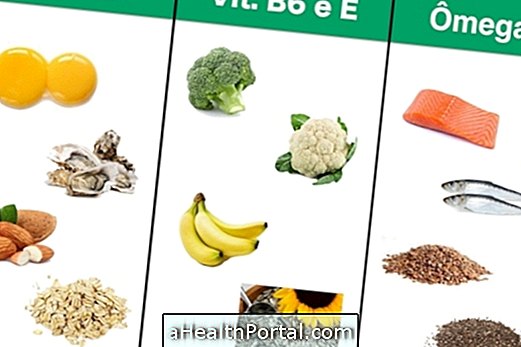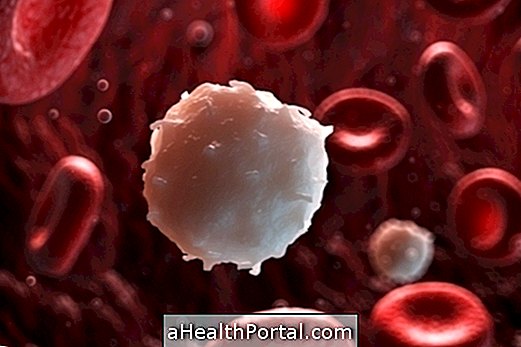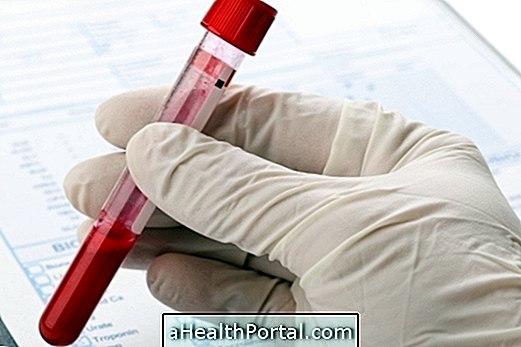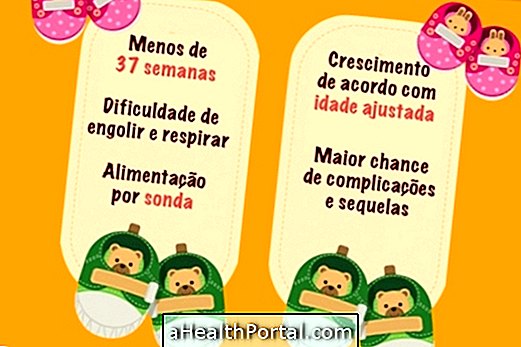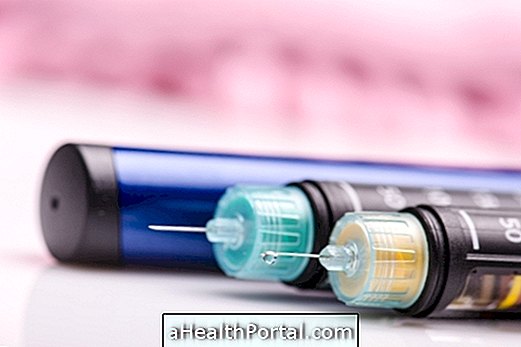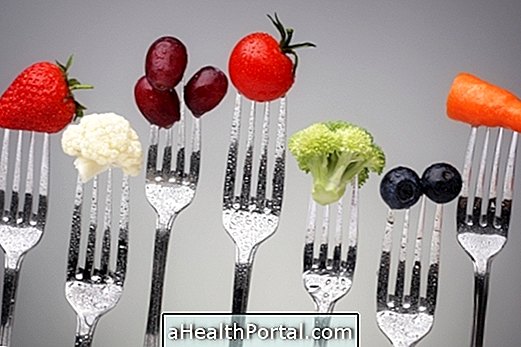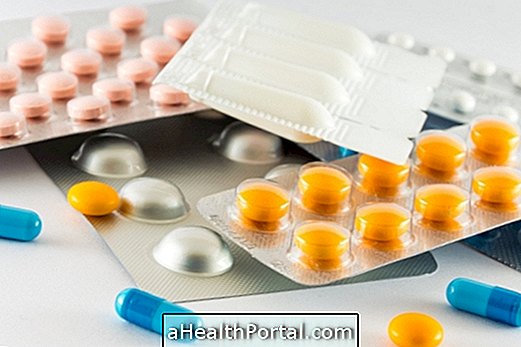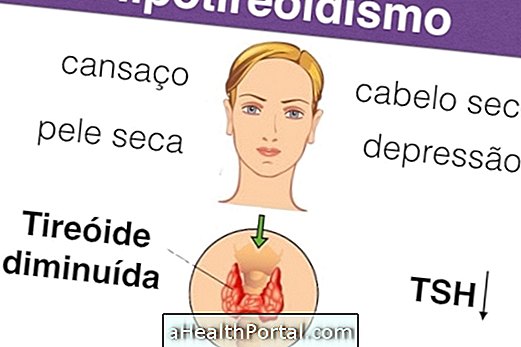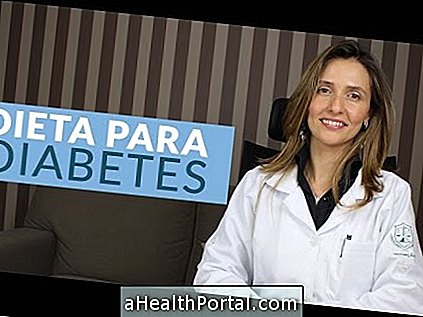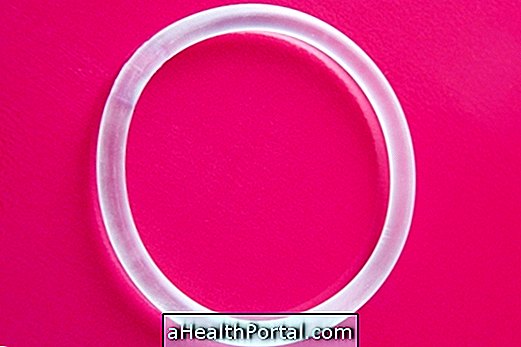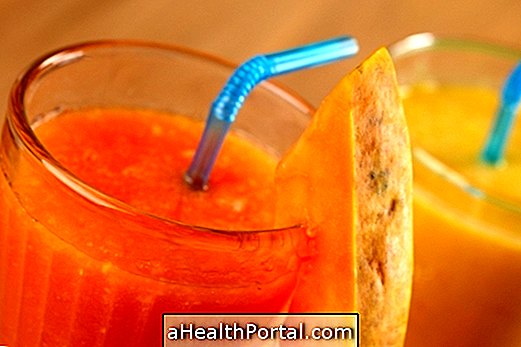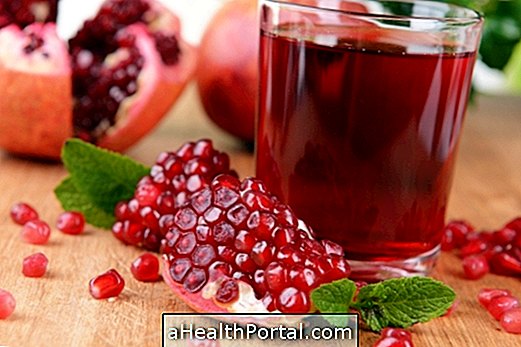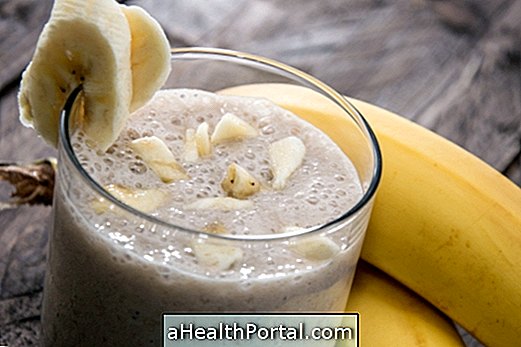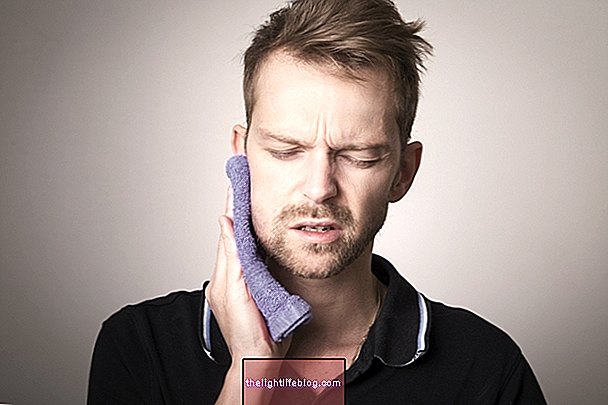Ovulation is the name given to the moment the ovum is released by the ovary and reaches the fallopian tubes, being ready to be fertilized by the sperm and to initiate the pregnancy.
Ovulation occurs during the fertile period, on the most fertile day, which is the middle of the menstrual cycle, in all healthy women.
If the egg is penetrated by a spermatozoid, fertilization of the egg occurs and this marks the beginning of pregnancy, but if the egg is not fertilized, a few days later the menstruation will begin, starting a new menstrual cycle.
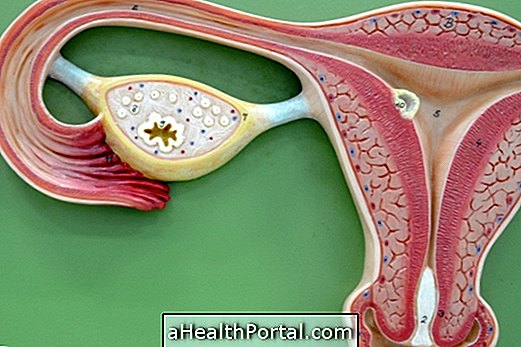
How to know when ovulation is
Ovulation occurs within the fertile period, which occurs on the 14th day, after the onset of menstruation, in a 28-day cycle. Ovulation generates some characteristic symptoms which include:
- Transparent vaginal secretion, viscous and similar to egg white, which facilitates the arrival of the spermatozoa to the mature ovum;
- Small increase in body temperature, caused by the release of progesterone;
- Increased libido and appetite, also caused by progesterone,
- There may be pelvic pain, as if it were a colic.
Ovulation occurs on one day, which is the fertile day, and the mature ovum survives for up to 24 hours. The sperm can survive for up to 3 days, so if there is unprotected intimate contact early in the fertile period, it may be that the sperm fecundates the egg as soon as it is mature, initiating the pregnancy.
Women who take contraception do not ovulate and therefore can not get pregnant.
Ovulation and the fertile period happen at the same time, when the woman's body is prepared for the conception of a baby. Some signs and symptoms such as increased secretions, body temperature, sexual desire, appetite and emotional fragility are present and are usually signs that the woman's fertile time is beginning.
Ovulation and fertile period are the same thing?
Ovulation and fertile period are almost the same, given that ovulation occurs during the woman's fertile period, ie when there is a greater chance of getting pregnant. Without ovulation there is no fertile period and you can not get pregnant.
Ovulation occurs when the ovum matures inside the ovary, then is directed to the fallopian tubes, where it awaits the arrival of spermatozoa. If the couple has unprotected intercourse without using any contraceptive method, there may be fertilization, which is the meeting of the mature spermatozoon. They will then be referred to the uterus and begin to gestate. All this occurs in the fertile period.
If the woman has regular cycles of 28 days, ovulation occurs approximately 14 days after the 1st day of the last menstrual cycle, and can occur three days before or three days after the 14th day, which is the so-called fertile period. Normally a woman ovulates over these days, but ovulations can also occur outside of that predicted period, according to hormone levels, stress and anxiety.

Best time to get pregnant
The best time to get pregnant is between 11 and 16 days after the first day of last menstruation. You should calculate the fertile period, be alert to your symptoms and have sexual intercourse without any contraceptive method, preferably early in the fertile period, because the eggs survive an average of 12 to 48 hours, however the sperm survive longer .
Therefore, if the woman maintains sexual intercourse throughout the fertile period, every other day, she is more likely to become pregnant, since the spermatozoa may still be alive at the time of ovulation.
Here are the best days to get pregnant by entering your data into the following calculator:

